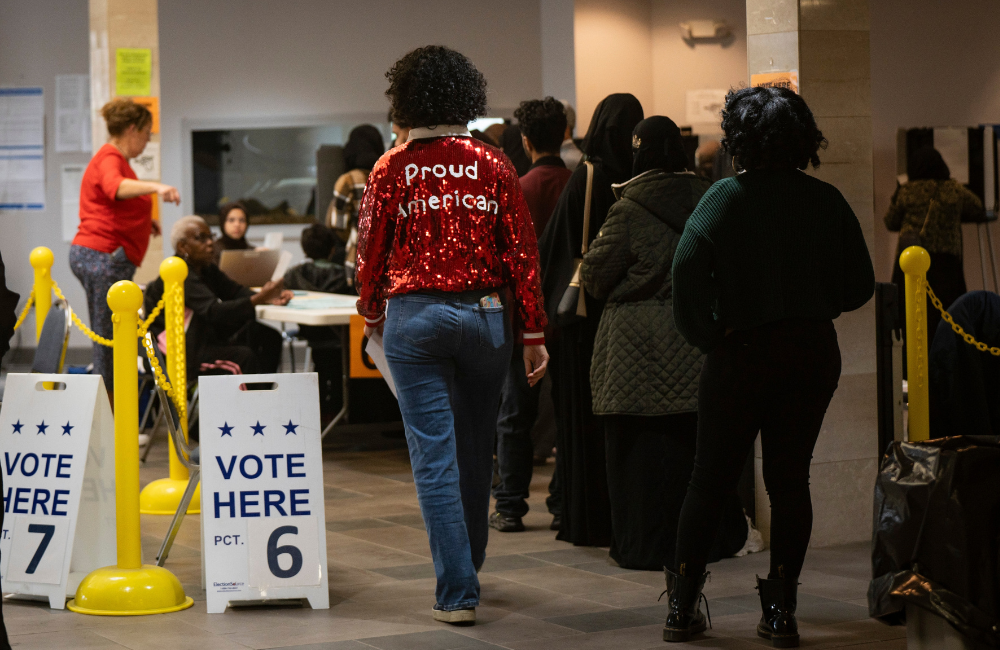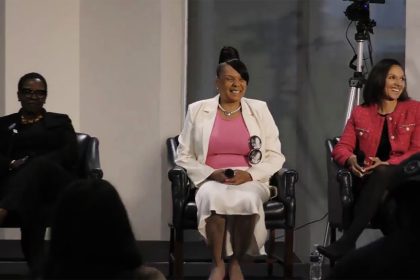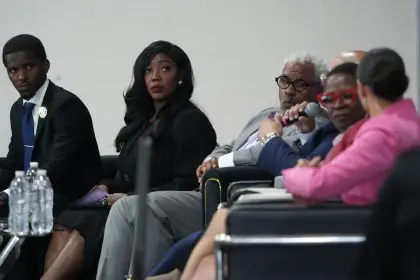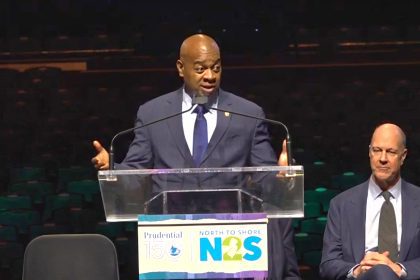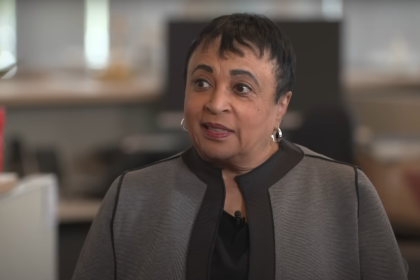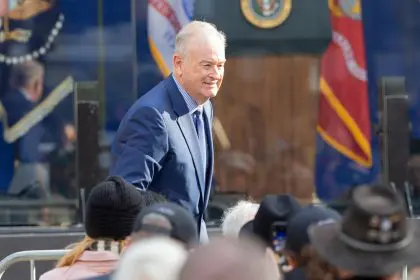Detroit’s August 2025 mayoral primary reveals a troubling disconnect between resident priorities and candidate platforms. While voters clearly identify affordable housing, public safety, and reliable transportation as their top concerns, aspiring mayors continue delivering vague promises without substantive policy details.
Recent surveys and public forums show Detroiters are crystal clear about their needs, yet campaign proposals suggest candidates either aren’t listening or lack concrete solutions for the city’s most pressing challenges.
Community voices: Housing, safety, and transit
A comprehensive 2025 AARP Michigan survey found 70 percent of Detroit homeowners and renters consider housing costs unaffordable. Among respondents aged 50 and older, 86 percent expressed desire to age in place, with 72 percent preferring in-home care over institutional facilities.
Research by Outlier Media and the University of Michigan identifies residents’ top five concerns as affordable housing, transportation reliability, public safety, utility costs, and health care access. Additional polling by Glengariff Group revealed 42 percent of voters believe Detroit needs new direction, while 38 percent support maintaining outgoing Mayor Mike Duggan’s trajectory.
Housing crisis demands concrete solutions
All leading candidates acknowledge Detroit’s housing crisis, though their proposed solutions differ dramatically in approach and specificity.
City Council President Mary Sheffield proposes a $1 billion investment in affordable housing over five years, combining tax abatements with partnerships involving local developers and religious organizations. However, her plan lacks crucial details about implementation timelines and affordability standards.
Solomon Kinloch Jr., pastor of Triumph Church, promises 10,000 new affordable housing units with emphasis on rapid delivery. His proposal focuses on quantity but provides minimal information about financing mechanisms or construction strategies.
Former police chief James Craig labels the housing situation a crisis while criticizing existing development pipelines as inadequate. His alternative proposals remain frustratingly vague, offering criticism without constructive solutions.
Saunteel Jenkins, former City Council member and nonprofit leader, highlights housing insecurity’s human impact, citing families living in vehicles and unsafe environments. While her advocacy background provides credibility, specific policy proposals need greater detail.
Public safety: Enforcement vs. intervention
Public safety remains Detroit’s most polarizing issue, particularly affecting youth and senior populations. The philosophical divide between enforcement-focused and intervention-based approaches reflects deeper disagreements about community wellness.
Craig’s campaign centers on restoring order through enhanced police presence and community policing initiatives. Drawing from his law enforcement background, he advocates traditional crime-fighting strategies emphasizing deterrence and rapid response.
Jenkins favors community-based violence prevention, prioritizing mental health services, youth engagement programs, and neighborhood safety initiatives. Her approach treats crime as symptomatic of broader social issues requiring comprehensive intervention.
While these contrasting philosophies represent legitimate policy debates, both candidates struggle to provide specific implementation plans addressing immediate neighborhood safety concerns.
Transit system failures plague daily life
Detroit’s public transportation system consistently ranks among residents’ top concerns yet receives minimal campaign attention. This disconnect becomes most apparent in transit discussions.
Jenkins includes transit reform in her platform, promoting reliable public transit. Her background with The Heat and Warmth Fund demonstrates experience advocating for essential services, though her transit proposals lack detailed information about route improvements or infrastructure investments.
The reliability of Detroit’s public transportation system remains a recurring theme in community forums, with residents expressing concerns about unreliable service, limited route coverage, and inadequate accessibility features.
Economic development takes backseat
Despite Detroit‘s ongoing revitalization efforts, job creation and economic opportunity receive surprisingly little campaign attention. This omission becomes concerning given persistent unemployment rates and limited opportunities for young residents.
Kinloch mentions job training and grocery access in underserved neighborhoods, while Sheffield references zoning reforms and neighborhood revitalization. However, neither candidate presents comprehensive employment programs or youth development initiatives.
Campaign promises fall short
The gap between resident priorities and candidate platforms reveals troubling disconnects across multiple policy areas. While candidates acknowledge housing, safety, and transit concerns, their proposed solutions often lack specificity, timelines, and accountability measures necessary for meaningful implementation.
Housing proposals range from billions in investment to thousands of new units, but definitions of affordable remain unclear. Public safety approaches vary dramatically between enforcement and intervention models, yet both lack detailed community-specific strategies.
Voters demand accountability
Detroit voters deserve more than aspirational rhetoric and vague promises. The city’s complex challenges require detailed policy proposals, realistic timelines, and transparent accountability measures.
The August 2025 primary represents an opportunity to demand substantive governance addressing real community needs. Detroiters have clearly articulated their priorities through surveys and public engagement. Now candidates must demonstrate they’re listening with policy proposals matching community urgency.
This election will test whether Detroit voters reward empty promises or demand concrete solutions addressing the challenges that matter most to residents’ daily lives.

